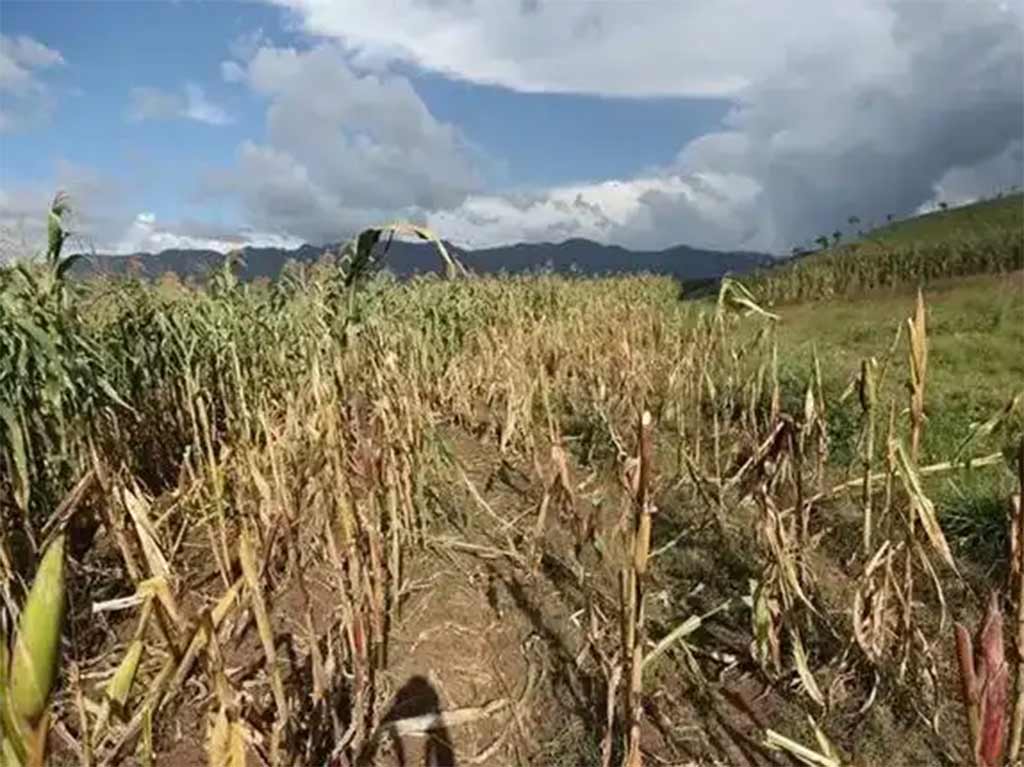Prolonged droughts or intense rains may affect corn and beans, oil palm, plantain, rubber, coffee, sugar cane, vegetables and fruits, as well as the livestock, forestry and poultry sectors, according to a study from that institution, which highlighted the decrease in production per hectare and the yield of plantations, the increase in costs, less income and a marked impact on employment, among other major damages.
The Directorate of Geographical, Strategic Information and Risk Management at the Ministry of Agriculture described the effects of climate change on corn and beans as partial, but predicted that they will become more significant in 2024.
The Guild of Palm Growers, in turn, estimated a drop in productivity of three to five percent at the end of this year, with consequences for 2024, due to problems in the formation of bunches.
The executive director of the union, Karen Rosales, explained that the southern part of the Petén department and the Northern Transversal Strip will be the most affected, as agriculture there relies to a large extent on the supply of water from rainfall.
She pointed out that water stress has medium-term consequences on oil palm cultivation by altering its physiology and having an impact on productivity for a period of a year and a half to two years later.
The Executive Director of Arrozgua, Roberto Wong, pointed out that the sector is concerned with the possibility that the rains may ruin the harvest.
Oil palm production in Guatemala may drop from around 1.2 million quintals to 700,000-800,000 quintals a year.
jg/llp/jha/znc









